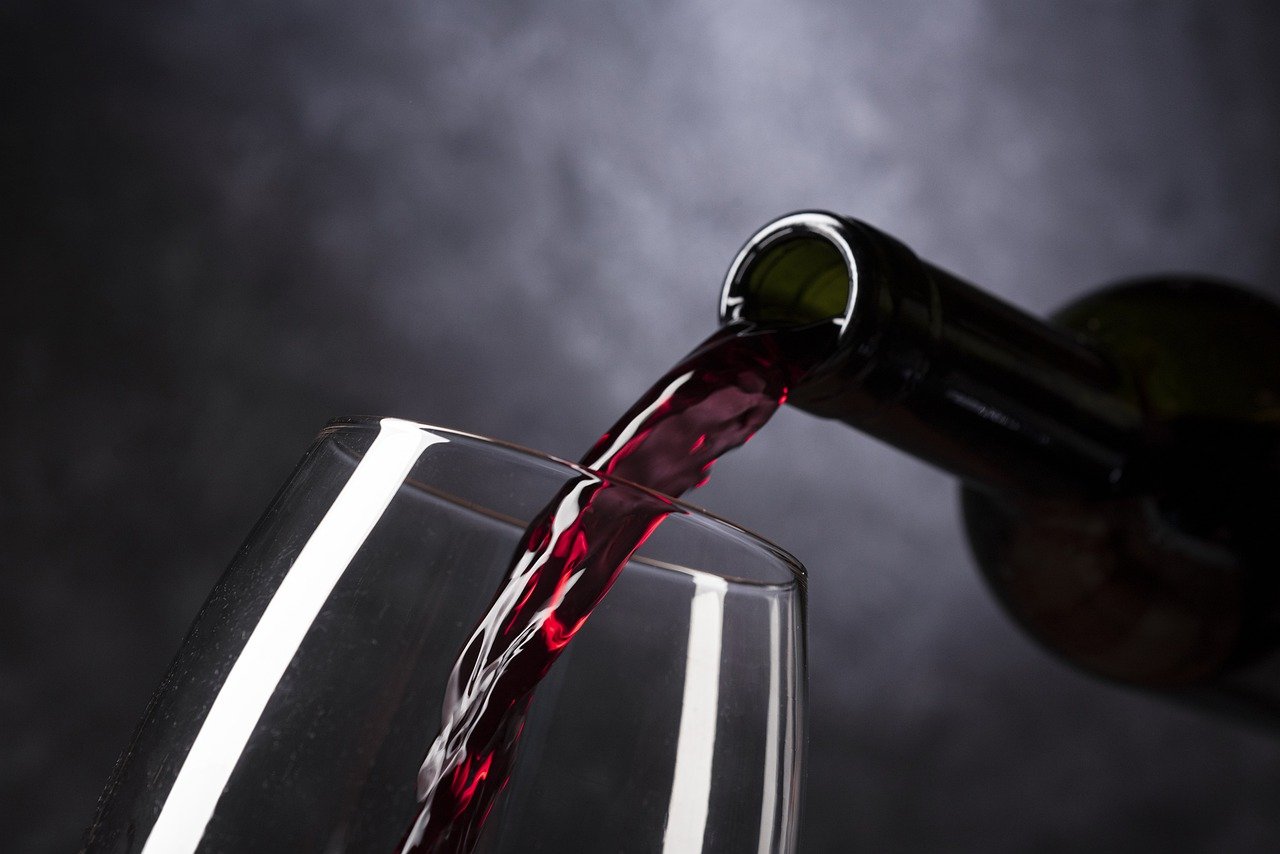
What is a good wine ? An expensive wine ? Fruity ? White or red ? None of these, as my grandfather used to say: “A good wine is a wine that you want to taste again!” For some time now, the wine market has been complex and competitive, and today, countless products of all kinds are offered. Conventional wines, natural wines, organic wines, vegan wines, biodynamic wines and many more make it difficult to find one’s way around, and above all to be satisfied or to satisfy one’s customers in accordance with their selection criteria.
It is also important to understand that the wine market is also a market where the value of wine can quickly vary, while it is complicated to jot down the factors that make a wine a quality product. Price, label, terroir, appellations and certifications, Wine Palette gives you all of its secrets to evaluate the quality of a wine.
First of all, the price
We all know but we always fall for it, that the price is not automatically synonymous of good or bad quality of a wine. The price of a bottle is indeed fixed according to different criteria, which are :
. The unit price of production of the bottles
. The demand for the product, and the volume available
. The “mental” or “expected” value of the product, how much customers are willing to pay for it.
But all this doesn’t really help us to know more about the quality of the wine inside the bottle. That’s why the price range remain excellent indicators of the “average” quality of a wine.
. Below 10€: A wine can be very good, sometimes even excellent, but it will be limited in terms of complexity and sensations, and also in length. It is better to choose a simple and fruity wine at these prices.
. Between 10€ & 25€ : Real gems can be hidden in this price range. Beyond good wines, it is possible to find excellent, accomplished and complex wines that you will want to taste again.
. Above 25€ : In this range, things are quite simple; you can find excellent wines, as well as vintages that are sometimes unfortunately greatly overvalued. As this is a conscious decision for most consumers, it is important to find out about the domain and the vintage to avoid potential disappointment.
The Appellation
Appellations are of utmost importance for certain wines and estates, because in addition to being protected (especially in France) they provide information on several factors:
. The geographical origin (which gives indications on the climate and the soil, and thus on the specific characteristics of the wines of the region)
. The grape varieties used (Some appellations are more or less restrictive)
. The culture of the vine (density of plantation, yield, concentration of the wine etc…)
. The methods of wine making (type of maturation..)
Thus, an appellation is not a certification of pure quality, but an excellent indicator of the style of the wine which enables consumers to find their way more easily according to their tastes and preferences.
The wine label
Let’s be clear, the label will never reveal the quality of the wine inside a bottle, indeed, imagine a great wine in a bottle without a tag, and a horrible wine that would have been put in the most beautiful bottle with the most beautiful labelling, obviously we will prefer to uncork the one without a tag than the other one, at least I hope so!
However, we easily understand that the label can be a determining factor when buying a wine, because we are ourselves sensitive to it, and amateurs of beautiful labels on bottles. The style and the soul of the bottle are still today in France a selling point that occupies an important place in the minds and hearts of consumers.
The different certifications
A certification is not an appellation, and in the wine world is generally linked to the type and process of cultivation used, and so there are several, particularly in organic wine-making. Again, just because a wine is labeled organic does not mean it is necessarily better than others, however, the certification will be a proof of the processes used to produce that wine. Some focus on the vines in particular, others on the winemaking process, while others encompass all of the above. Some have stricter regulations than others, and will therefore simply allow you to know more about the wine you want to buy and consume.
Examples of some certifications: “AB” European Organic Agriculture, Biodyvin, DEMETER, HVE…
… And all the rest !
As we say in France: “Tastes and colors are not debatable!” and wine is right in the middle of it, you prefer them light or powerful, tannic or not at all, fruity or woody, red or white, long, complex etc… it’s your preference! The world of wine is nowadays vast and full enough to find your happiness. And a wine that you find good, will not necessarily be good in another’s glass. Wine, a product as respectable as it is respected, has since the dawn of time been associated with pleasure, lightness and celebration, so a good wine is difficult to define, but a quality wine, that is to say yours (or that of your customers), can now be easier to find thanks to this information!
What about you? What are your standards or arguments to measure the quality of a wine? If we missed something, we invite you to tell us with pleasure !
Contact Wine Palette if you want to order quality wines only !
Sources : https://www.winepalette.eu/
https://www.cuvelier-fauvarque.fr/